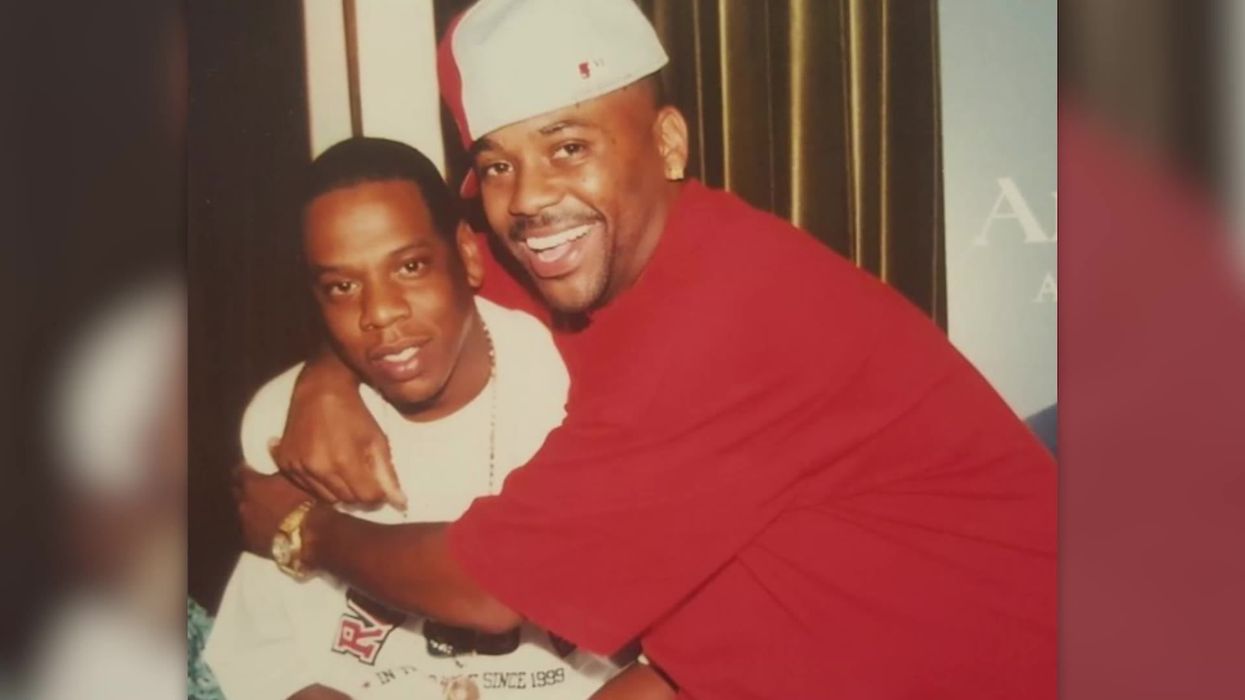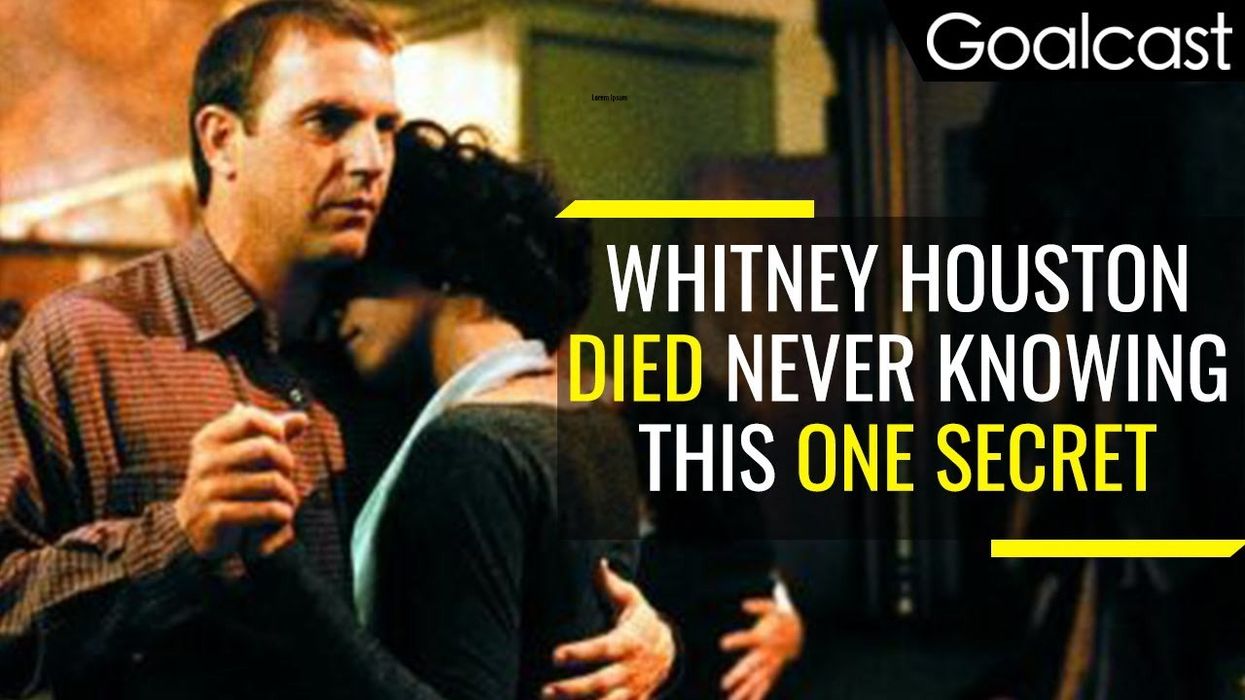
Overcome Failure: The 10 Dos and Don'ts of Regaining Your Confidence
Faced with failure, how do you respond?
All of us fall short of our targets from time to time, but how we react is highly individual and, honestly, interesting to interpret. You can learn a lot after a defeat, particularly about your environment and how you label things.
For example, when you are disappointed by failure, what do the people in your life say? How do you feel before you share the news that you’ve failed with them? Do they notice before you tell them?
When your “thing” -- your business, job, sport, health, etc. -- isn’t getting the results that you’d like, what is the conversation like in your head?
Overcome Failure: The 10 Dos and Don'ts of Regaining Your Confidence
One possible effect of perceived failure is losing sight of why you felt capable enough to try it in the first place. Said another way, you “lose” your self-confidence after a failure. Some people are resilient enough to wallow in it briefly and bounce out of it, but others let it defeat them.
If you are a member of the latter camp, this article will give you the keys to develop the resilience to overcome failure.
Defined, self-confidence is merely a belief that you can successfully perform a desired behavior. It’s an important trait to have. Think about how often you perform a task that you believe is utterly impossible or a waste of time. My guess is never.
But when your self-confidence is high, research shows that you are able to generate positive emotions, concentrate better, increase effort, and give yourself the momentum to achieve your goals.
READ: The 10 Steps to Confidence That No One Told You About
The following are the 5 “dos” and 5 “don’ts” of regaining your self-confidence after a defeat. The goal of all of them is to build a resilient internal environment so that when failure smacks you in the face, you can smack right back. One or more of these (whether adding positive habits or removing negative ones) may be the missing piece to regaining your self-confidence and getting back on track.
DO
- Simulate a highly positive environment
When you read "simulate," don’t take that as “fake it till you make it.” That’s definitely not useful in trying to regain self-confidence, as you’ll know what you’re doing is a farce.
Instead, become hypersensitive to the places and people you are subjecting yourself to. If your recent failure was a big one, the last thing you need right now is to be around someone that labels themself as a “realist.” Whether you take a break from a few people to focus on yourself, or add a positive habit to your day like going to the gym, do what you can to ensure positive things are happening.
- Increase your expectations of yourself
Your failure has you feeling like you aren’t worthy or good enough to achieve that goal. You weren’t capable of doing it before, so why should expect things to be different this time?
It’s paramount that you persevere through this line of thinking and establish a higher bar for yourself, even if it scares you.
Remember, you will always get what you tolerate. If your expectations of yourself are low, your results will be of low quality.
- Set a new realistic, but challenging short-term goal
Set a goal that is realistic to get you back on track. Make sure that a little sweat equity is necessary to achieve it (read: don’t set a goal that takes no effort), but get an easy win under your belt.
It may mean you put your current goal on the backburner, or that you “chunk” down your previous failure to a smaller, more achievable milestone.
Think about it this way: if you failed going from step 1 to 2, what would going from step 1 to 1.1 look like? 1.2? 1.3?
- Ask for feedback
You may have failed because you simply didn’t have enough information. While our ego tells us that it’s entirely our fault that we failed, we never actually “own” any of our accomplishments. There are so many factors that go into personal achievement that you may be overlooking something much more simple and easy on your psyche.
Seek out someone you trust and ask for feedback. If your failure is still painful, maybe ask for feedback on a previous task that you worked on or for tips on how you might get better in an area.
- Surround yourself with individuals that are already doing it right
It’s been said a million times that modeling is the key to the fastest results. Instead of reinventing the wheel, find someone that has what you want, ask them how they did it, then do it.
DON’T
- Use sarcastic or negative self-talk
What good does putting yourself down do? If your self-confidence is low, the last thing you should be doing is making an enemy out of yourself.
It’s tempting to be negative about something that didn’t go your way. But this kind of behavior becomes cyclical, and gets harder to shake off as you continue to do it.
READ: How to Talk Back to the Hater in Your Head
Find a way to interrupt the pattern of telling yourself that you suck so that you can focus on fixing what went wrong. The truth is you must pick one or the other, because you can’t do both of them simultaneously. Pick the right one and stop wasting time.
- Put stock into the opinions of others
What other people think shouldn’t matter, but doubly so right now. Don’t concern yourself with the opinions of others -- regardless of whether your failure was seen in a public light or not.
While you should ask feedback from the 1% of people in your life you trust most, 99% of opinions are white noise. They won’t help. Distinguish from and draw boundaries between who you intentionally seek out feedback from and who gives it to you without asking.
Self-confidence comes when you get results controlling the things you can control. You will never control what other people say, think or do -- so forget about it.
- Take criticism personally
Because you’re struggling, this is a good time to remember that everyone is fighting a battle you know nothing about. The most negative or critical people in your life are likely the people who have seen and experienced things you can’t understand.
Taking the high road is not always easy. In fact, it’s demonstrably more difficult. Don’t internalize or dwell on something someone else probably already forgot they said.
- Sit around and do nothing
Not taking the initiative to change is how you get caught in a cycle. Even the smallest positive action can jumpstart you and put momentum back on your side. Consider what a “win” would look like for you, and get started.
- Overcompensate
The more I coach people through failures, the more I see people trying to overcompensate when things go awry. If going right doesn’t work, their visceral response is to go a million miles to the left.
Overcompensating for a failure is letting your negative emotions control your rational thought process. Take a moment to step back and see the situation objectively. Look at it as though it happened to me, or a family member, or a stranger on the street. How would you advise them to respond?
Get up faster every time
Apply these tips now if you are in a rut, or save this post for a rainy day when the struggle is real. Remember that self-confidence is merely the belief that you can perform. Regardless of your failures, there’s always another opportunity to reload and get back on track.
When you have self-confidence, you have the ability to take action day in and day out -- and that’s how you’ll achieve your goals.
































